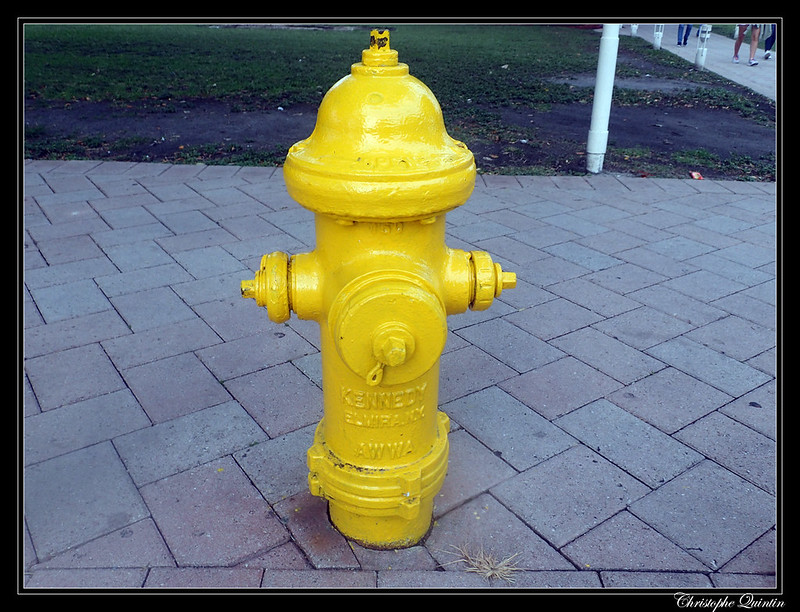
Want to see how citizens can band together in emergencies, how private companies react to disasters (or fail to do so), and why in many cases government provides the cheapest, most comprehensive and effective solutions to common problems? Welcome to the history of urban firefighting.
Over the years cities have tried all three approaches to preventing and fighting fires. First, volunteers. In the 1700s, firefighting was done almost exclusively by neighbors hauling water in buckets. Then, in the early 1800s, insurance companies organized private firefighting companies and paid for their rudimentary equipment. If a building insured by the company was afire, the firefighters would pitch in to fight it. If the insured building wasn’t burning but the one next to it was, private firefighters would stand around to make sure the fire didn’t spread.
After the Civil War, as buildings got taller and the needs grew for equipment and training (and after some spectacular fires like the one that destroyed Chicago in 1871), cities created full-time fire departments supported by taxes.
They also bought sophisticated equipment, built infrastructure like fire hydrants, and passed ever stricter building codes that made fires less frequent and deadly. (Example: Thanks to building codes, smoke alarms today are wired into new or remodeled houses. And where there are functioning smoke alarms, studies show, the risk of dying in a house fire is cut in half.)
This comprehensive approach combining trained and equipped personnel, infrastructure, and regulation—which only governments can provide—worked. Death or homelessness by fire has moved way down the list of risks faced by city dwellers and continues moving down. Today cities have about half as many structure fires as they had in the late 1970s. So if you live in a city and have never feared a fire at home or work, you can thank government for it.
More information:
https://en.wikipedia.org/wiki/History_of_firefighting
Give the credit to: local governments
Photo by Christophe Quintin licensed under Creative Commons.
[…] the things we look to government for today—clean drinking water, waste disposal, public health, fire protection, and so on—became government obligations only in the 19th century. Before the 1800s, it was […]